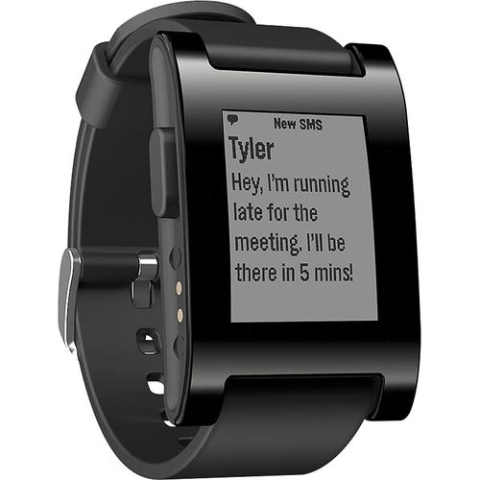Incorporating Wearable Technology in Your Booth Engagement Strategy

One of the biggest stories at CES last month was the throng of wrist wearables on display. While some experts are not convinced that wearable technology will take over the technological world, there are many people who are jumping on the wearable bandwagon. So, how can you incorporate this technology when you develop your booth engagement strategy?
First, consider what the pull is for having a wrist wearable. The idea is to have a ton of tech available to stay in touch with what is going on around you, including emails and calls coming in from your smartphone.
It is about having information right at your fingertips, literally. E-mails can be sent and verified by attendees with the wearable. When the attendee verifies the e-mail, this can be a new engagement point for your booth staff.
Second, keep in mind that your attendee receives instantaneous push notifications via wrist wearables. If you are able to have geo targeted push notifications, you can be sure attendees with wearable technology are immediately ‘in the know’, and probably in the same general location, when they receive the notification.
This technology can help drive attendee behavior, such as engaging with your demo or stopping in for a lecture.
Lastly, don’t forget that the wearable only works with the link to the attendees’ smartphones. What does this mean for you? It means you don’t want to focus on the wearable and ignore the smartphone engagement.
Helping the attendee engage with your company and your booth should include all facets of the technology. So, don’t miss the opportunities that come with smartphone communication just because you are adding in the wrist wearable.
While there is no clear cut conclusion if wearable technology is a fad or not, incorporating it in your strategy gets you on the wrist of your attendees.


Add new comment